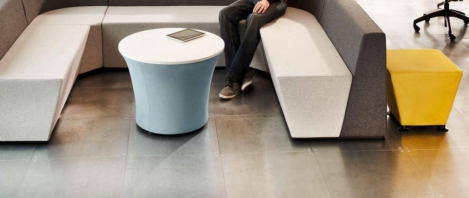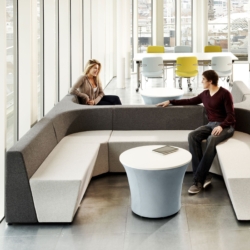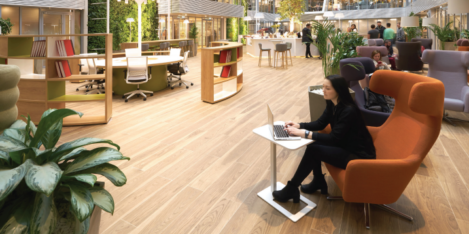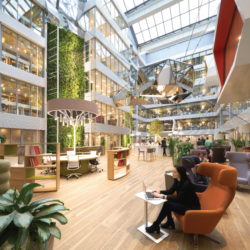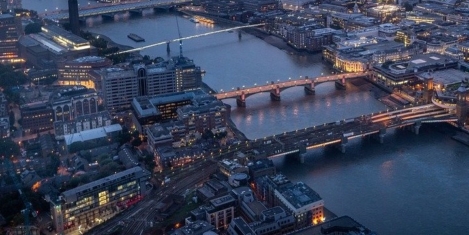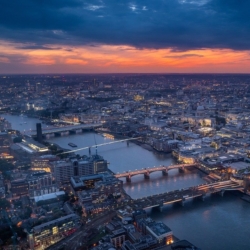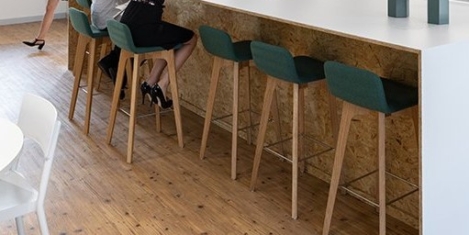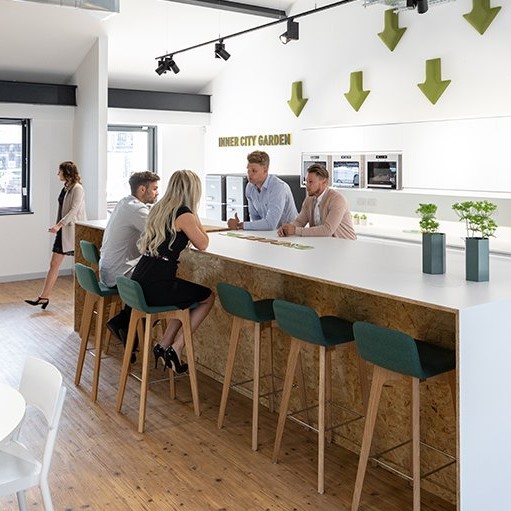February 7, 2022
New issue of IN Magazine is now online
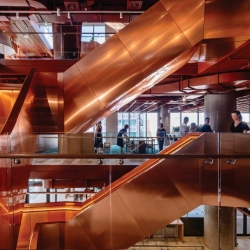 The January 2022 issue of IN Magazine is now online. In this issue we: visit what is claimed to be the best office in the world; consider whether the experience of our daily lives is shaped more by maintenance than design; challenge the idea of people as blank slates; look at a new generation of datacentre design; explore the regional flex office market; ask how rising energy costs will impact remote workers; talk to manufacturers using waste and unwanted materials to create new products; hear from Robert Bolton of KPMG on a new era for HR; and learn about how intentional design applies to the workplace. All back issues of IN Magazine are available here.
The January 2022 issue of IN Magazine is now online. In this issue we: visit what is claimed to be the best office in the world; consider whether the experience of our daily lives is shaped more by maintenance than design; challenge the idea of people as blank slates; look at a new generation of datacentre design; explore the regional flex office market; ask how rising energy costs will impact remote workers; talk to manufacturers using waste and unwanted materials to create new products; hear from Robert Bolton of KPMG on a new era for HR; and learn about how intentional design applies to the workplace. All back issues of IN Magazine are available here.





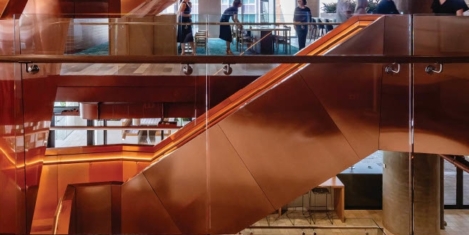
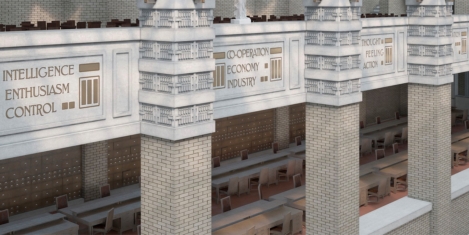
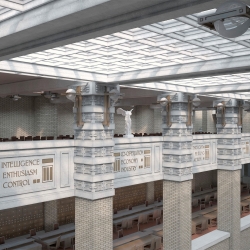 It was only towards the end of the development of IN Magazine that we became aware of something called COVID 19. By the time of the official launch in March of 2020, it had become clear that the world was facing a challenge that would lead to a reassessment of many aspects of our lives. We’re not out of the woods yet and there remain more questions than answers about what lies ahead. Yet organisations are looking forwards and I’ve been privileged in recent weeks to listen in on several conversations from occupiers about both their plans for the future and the necessity of flexibility in applying them, as they tread uncertainly in a new era and learn more about it as they go.
It was only towards the end of the development of IN Magazine that we became aware of something called COVID 19. By the time of the official launch in March of 2020, it had become clear that the world was facing a challenge that would lead to a reassessment of many aspects of our lives. We’re not out of the woods yet and there remain more questions than answers about what lies ahead. Yet organisations are looking forwards and I’ve been privileged in recent weeks to listen in on several conversations from occupiers about both their plans for the future and the necessity of flexibility in applying them, as they tread uncertainly in a new era and learn more about it as they go. 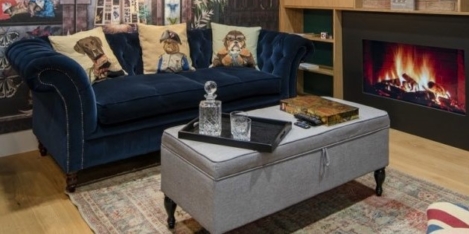
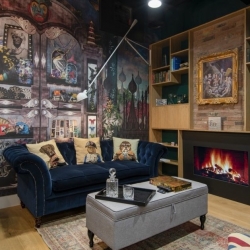 Workplace Insight and
Workplace Insight and 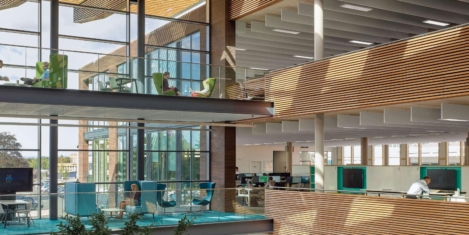
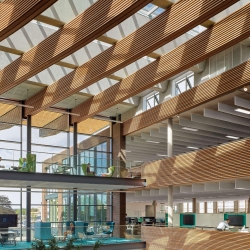 The new issue of
The new issue of 
 It’s now a year since we launched IN Magazine and what a year it’s been.
It’s now a year since we launched IN Magazine and what a year it’s been. 
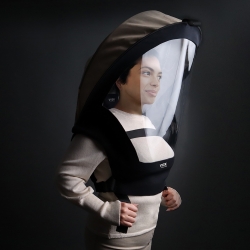
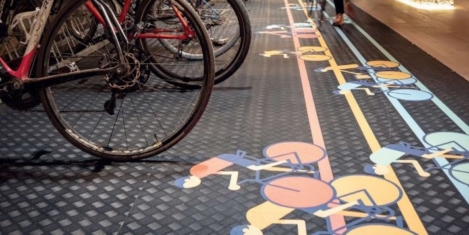
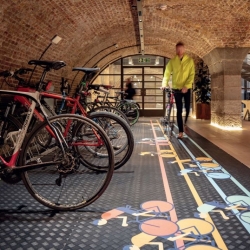
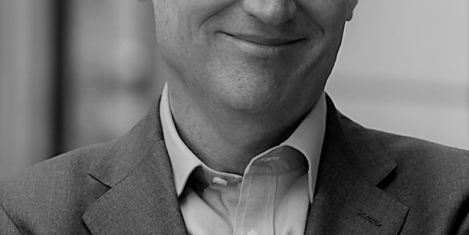
 The physician can bury his mistakes,—but the architect can only advise his client to plant vines. Frank Lloyd Wright’s eternal epigram is not just true for buildings. It also applies to the authors of books, especially those on the subjects most affected by this year’s pandemic. Speakers and blog writers can quietly inter the things they get wrong, while the book sits unchangeable on a shelf. Maybe behind a houseplant.
The physician can bury his mistakes,—but the architect can only advise his client to plant vines. Frank Lloyd Wright’s eternal epigram is not just true for buildings. It also applies to the authors of books, especially those on the subjects most affected by this year’s pandemic. Speakers and blog writers can quietly inter the things they get wrong, while the book sits unchangeable on a shelf. Maybe behind a houseplant.